blogs & articles
 blog
blog
Grateful Learners, Grounded Teachers
We are told that gratitude makes us happy. That if we just count our blessings, our troubles will shrink. So, we list them dutifully: family, health, a roof, a job, and still, something feels incomplete. The truth is, gratitude doesn’t always make you happier.
 BLOG
BLOG
The Myth of the Perfect Plan
In boardrooms, schools, and homes alike, we are obsessed with plans. Five-year visions. Ten-year goals. Detailed roadmaps with milestones and targets. It looks impressive, all that structure, all that certainty.
 blog
blog
Differentiated Learning: Why Labeling Children by 'Level' Is Holding Them Back
Step into any classroom and you will hear it, the subtle sorting that shapes a child’s sense of worth. “These are the advanced learners.” “Those are the weak ones.” “This group is still catching up.” It sounds harmless, even helpful.
 blog
blog
Struggle Is Not Failure, It's the Shape of Growth
Stay with it long enough, and something shifts. The tenth essay doesn’t feel so forced. The twentieth math problem doesn’t scare you. The third attempt at speaking up feels lighter than the first. And slowly, what seemed impossible gradually becomes normal.
 article
article
Improving Women’s Mental health through Literacy : What we know so far
Structural inequality and gender based violence are some of the leading causes of mental health issues such as anxiety, depression and various disorders.Women are also more likely to face abuse - physical, verbal or sexual - which often goes untreated, contributing to further stress and mental health issues.
 blogs
blogs
Why Are We Still Treating Emotions as “Extra-Curricular”?
Walk into any classroom before an exam. You will see sweaty palms, restless eyes, children whispering last-minute formulas. What you won’t see, at least officially, is the fear, the anxiety, the quiet despair that many carry inside.
 blogs
blogs
Expiry Date on Learning
Picture a classroom before exams. Anxiety hangs thick. Marks, results, all geared to one moment: the end. But what if the end is actually the beginning of a lifelong loss?
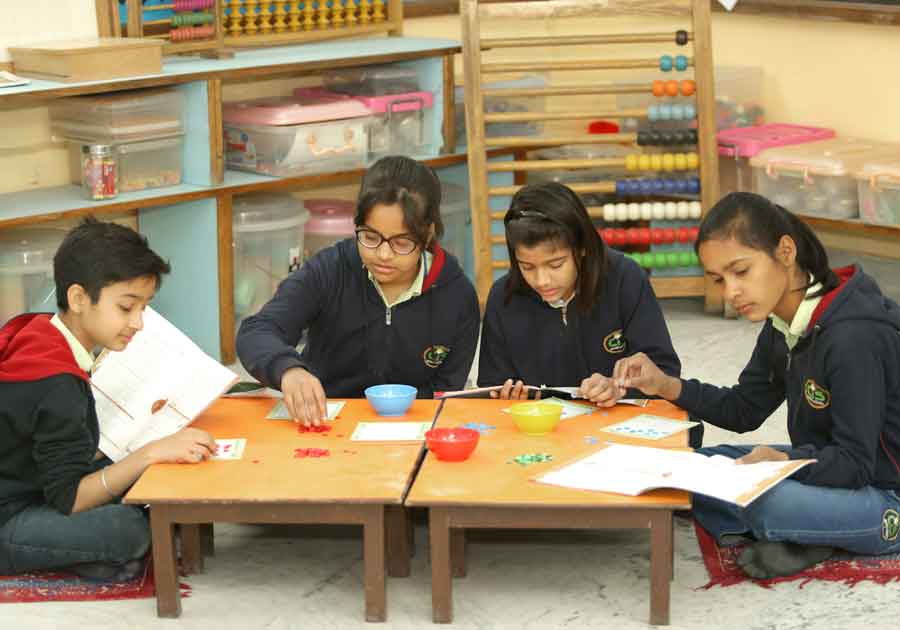 blogs
blogs
AI Isn’t the Threat to Education. We Are.
Conversations around education today are dominated by a single theme: artificial intelligence. Every summit I attend has at least one panel on “AI in the Classroom.”
 ARTICLE
ARTICLE
Classroom Without Walls
For more than a hundred years, classrooms in India have looked the same. Rows of desks. A teacher in front. A blackboard. That image is deeply familiar. But the reality outside school gates is shifting.
 article
article
When Structure Starts to Smother Learning: Why Classrooms Need Flexibility and What PATH Gets Right
Look at most classrooms, even the so-called progressive ones, and you will still find the same old rhythm: fixed timetables, 45-minute periods, a curriculum that keeps moving whether children are ready or not.
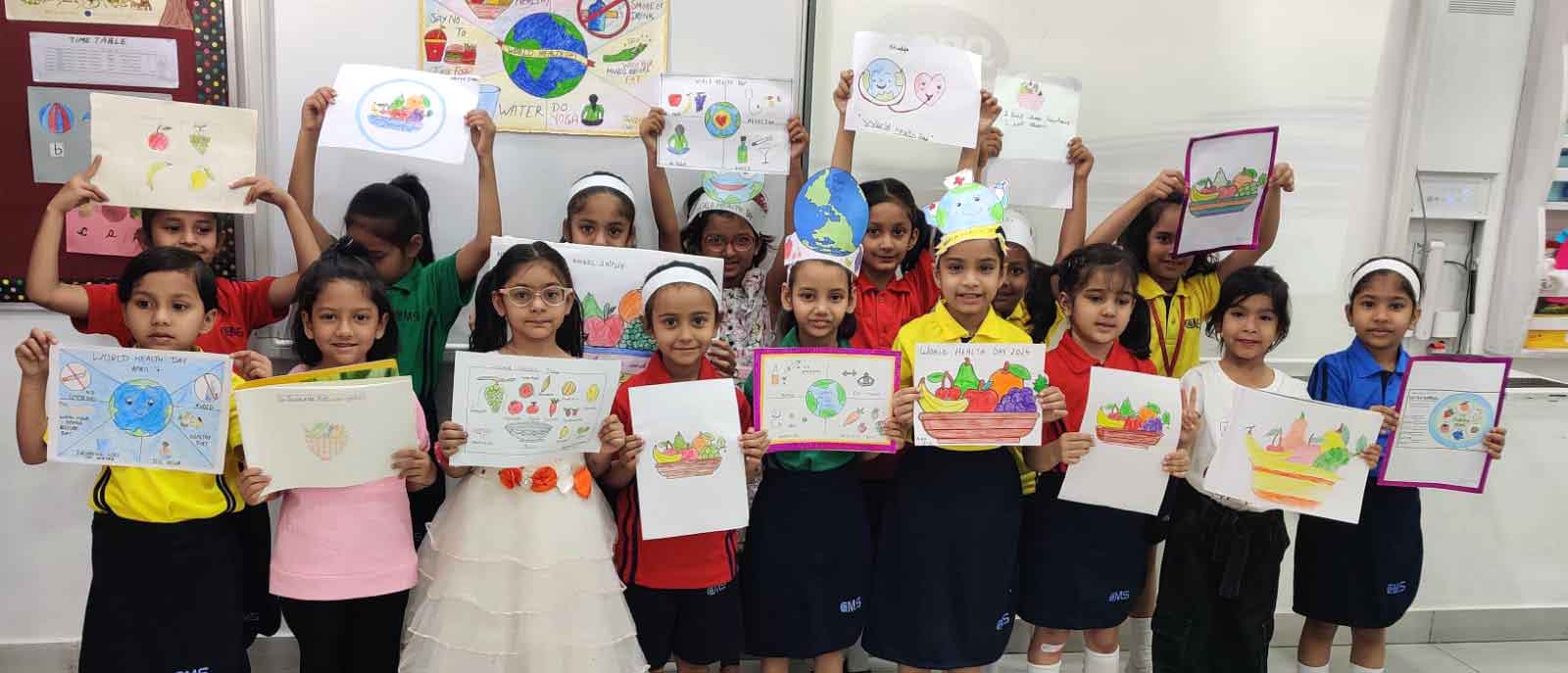 article
article
The Cost of Silence in Classrooms, A Critical Analysis
“Pin Drop Silence!” Many of us recall our teachers bellowing at us. Discipline in classrooms is often associated with silence. A quiet child is often considered to be obedient and is clearly seen as attentive and well-behaved.
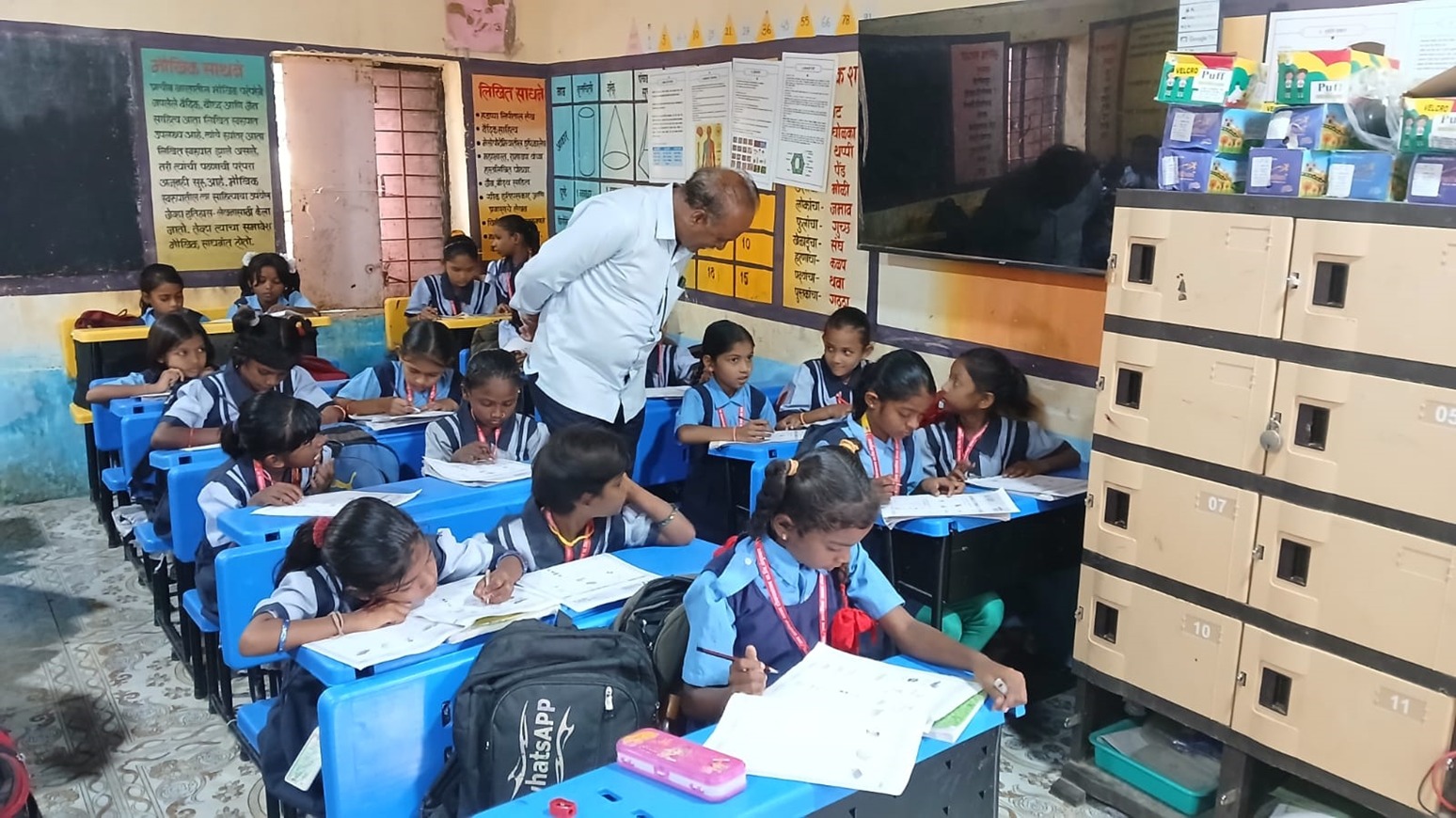 article
article
Learning to Unlearn: Why the Best Students May Be the Most Stuck
We often celebrate the top scorers, the high achieving students who follow instructions, meet deadlines, and master exams. They are disciplined, dependable, and easy to teach.
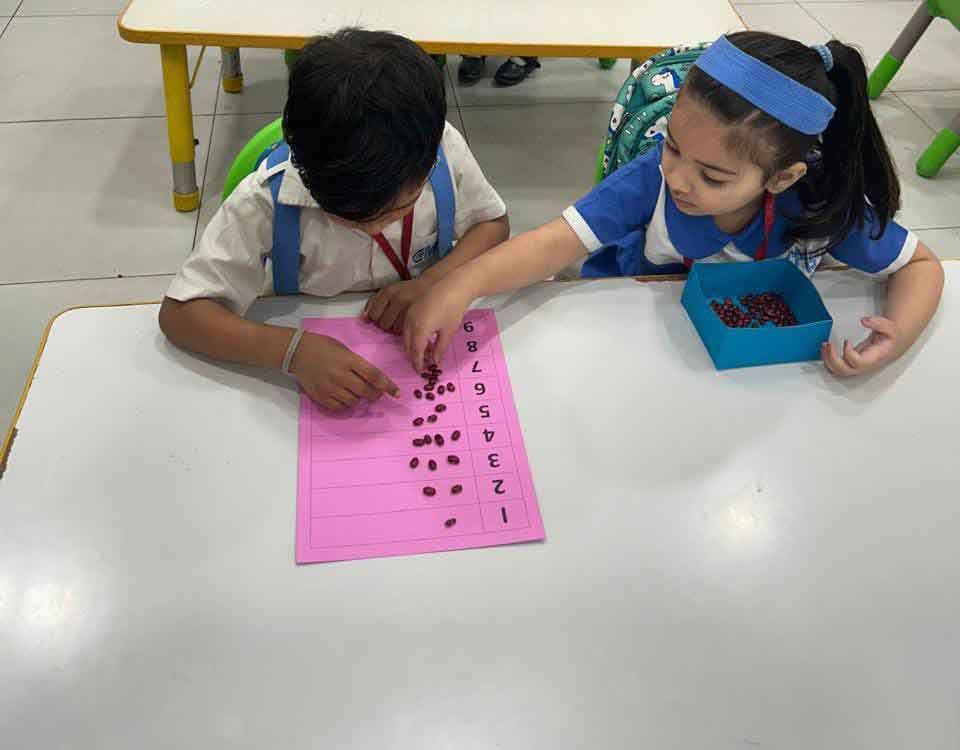 blog
blog
When Stillness Comes in the Way of Learning: The Hidden Cost of Ignoring Movement in School
Walk into almost any school in India, and you'll see the same picture, a classroom full of children sitting still, too still. Their backs are straight, hands on the desk, lips sealed.
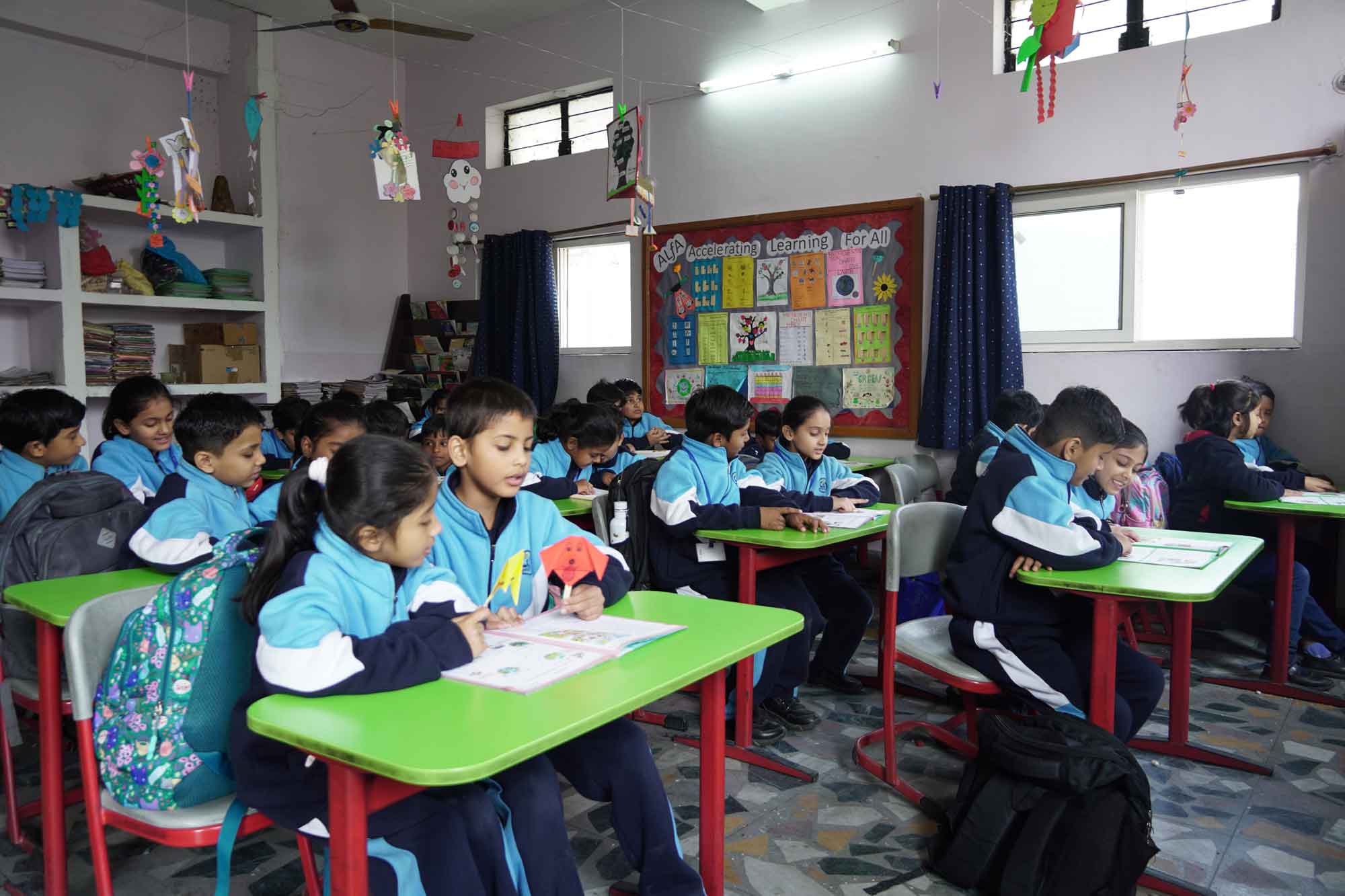 blog
blog
When One-Way Teaching Wears a New Disguise: Why Paired Learning Is the Break Schools Actually Need
Walk into many schools today and you’ll see smartboards, colorful furniture, maybe even project-based units. The factory model, we’re told, is behind us.
 oped
oped
From Information to Transformation: It’s Time to Rethink Schooling
By Dr. Sunita Gandhi, Educator, Researcher, Innovator, Author, Founder, Global Education & Training Institute and Dignity Education Vision International (DEVI), Chief Academic Advisor, City Montessori School, Lucknow, World’s Largest School, PhD Physics, Cambridge University, UK
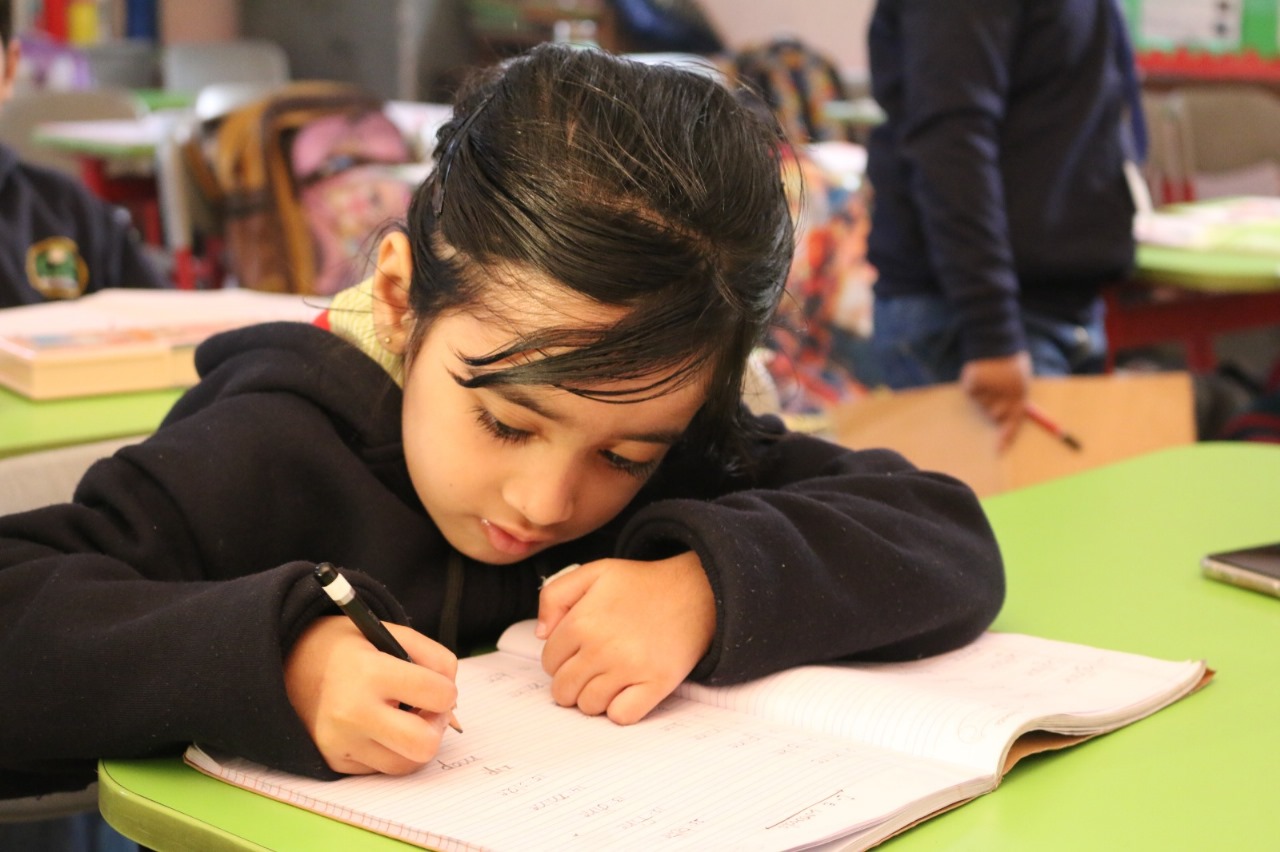 Blog
Blog
Challenging the Myth of Personalized Learning in Schools
One-size-fits-all teaching in many classrooms leaves some students feeling overburdened and others bored. Lessons will be tailored to each learner's needs using student-centered, tailored approaches, which has been shown to increase retention and engagement rand.orgrand.org.
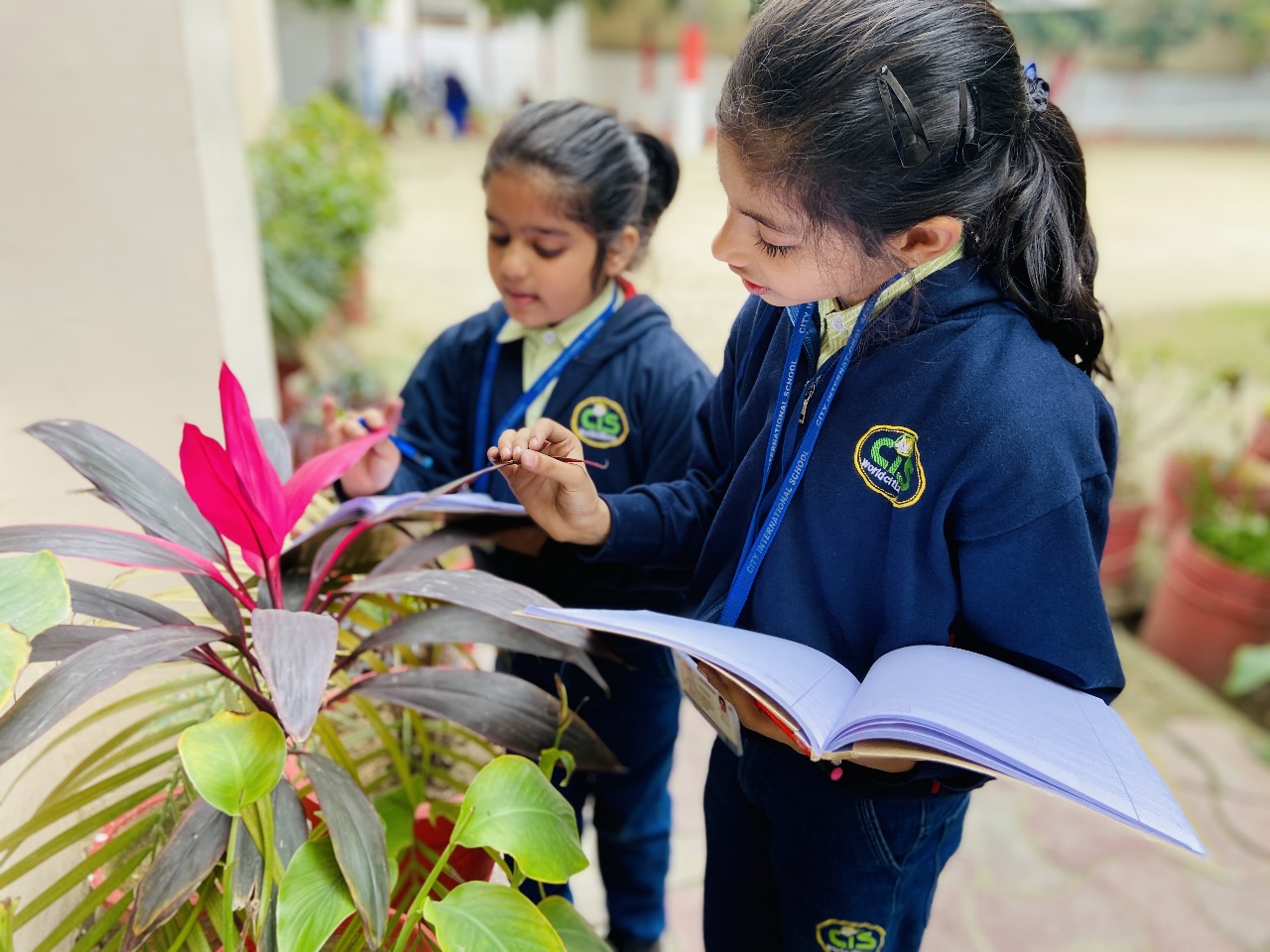 Article
Article
Effective Note-Taking Is About Making Meaning
Effective note-taking is not just recording facts or copying from textbook to note format. Most notebooks are summaries of textbooks that are never looked at, or hardly ever. The whole purpose of note taking is that it is something you will revisit and want to revisit it. So many notes are taken but never made use of.
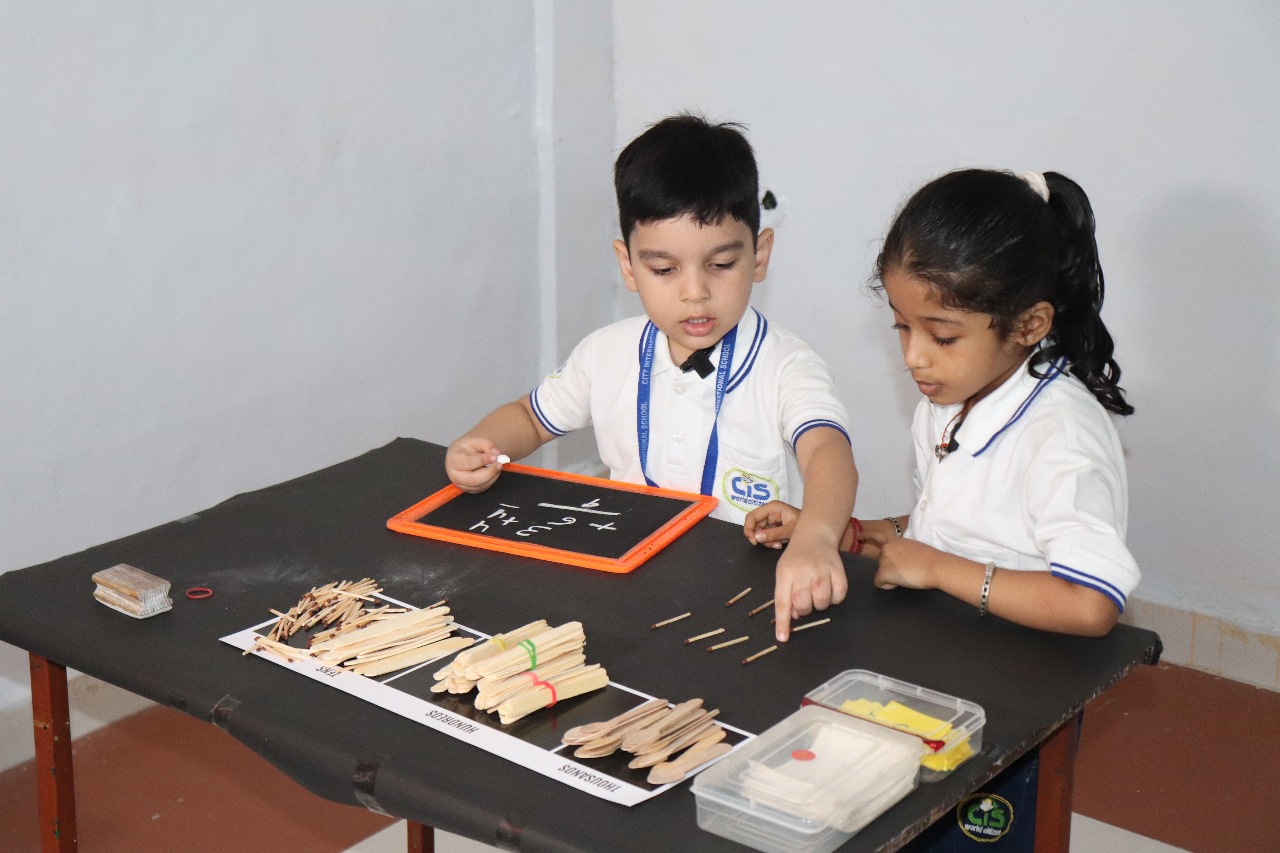 Article
Article
India’s Next Education Revolution: From Exam Factories to Innovation Labs
Educator, Researcher, Innovator, Author, Founder, Global Education & Training Institute (GETI) & Dignity Education Vision International (DEVI Sansthan)
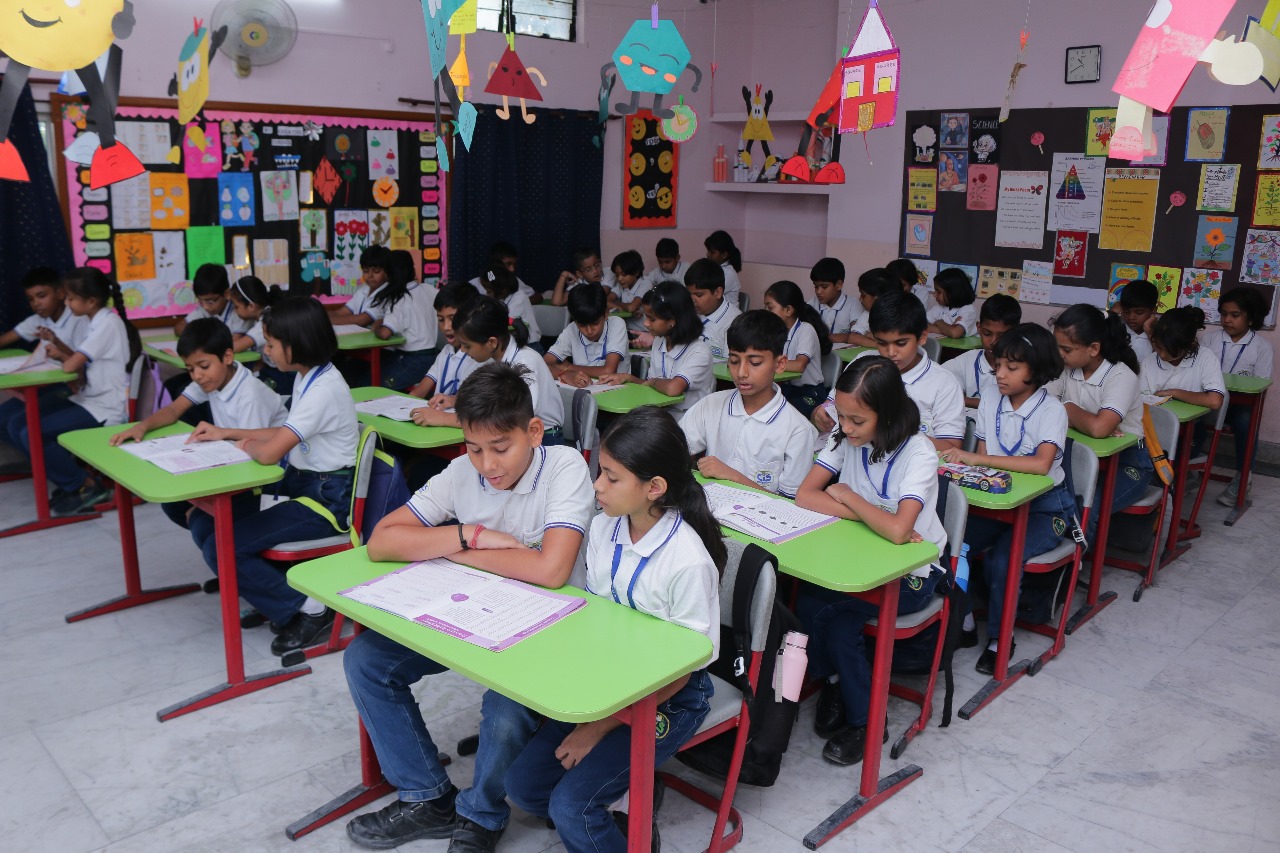 Article
Article
From Policy to Practice: Time to Rethink Education Reform
Since independence, India has crafted four national education policies, in 1968, 1986, a revision in 1992, and the latest New Education Policy 2020 (NEP 2020).
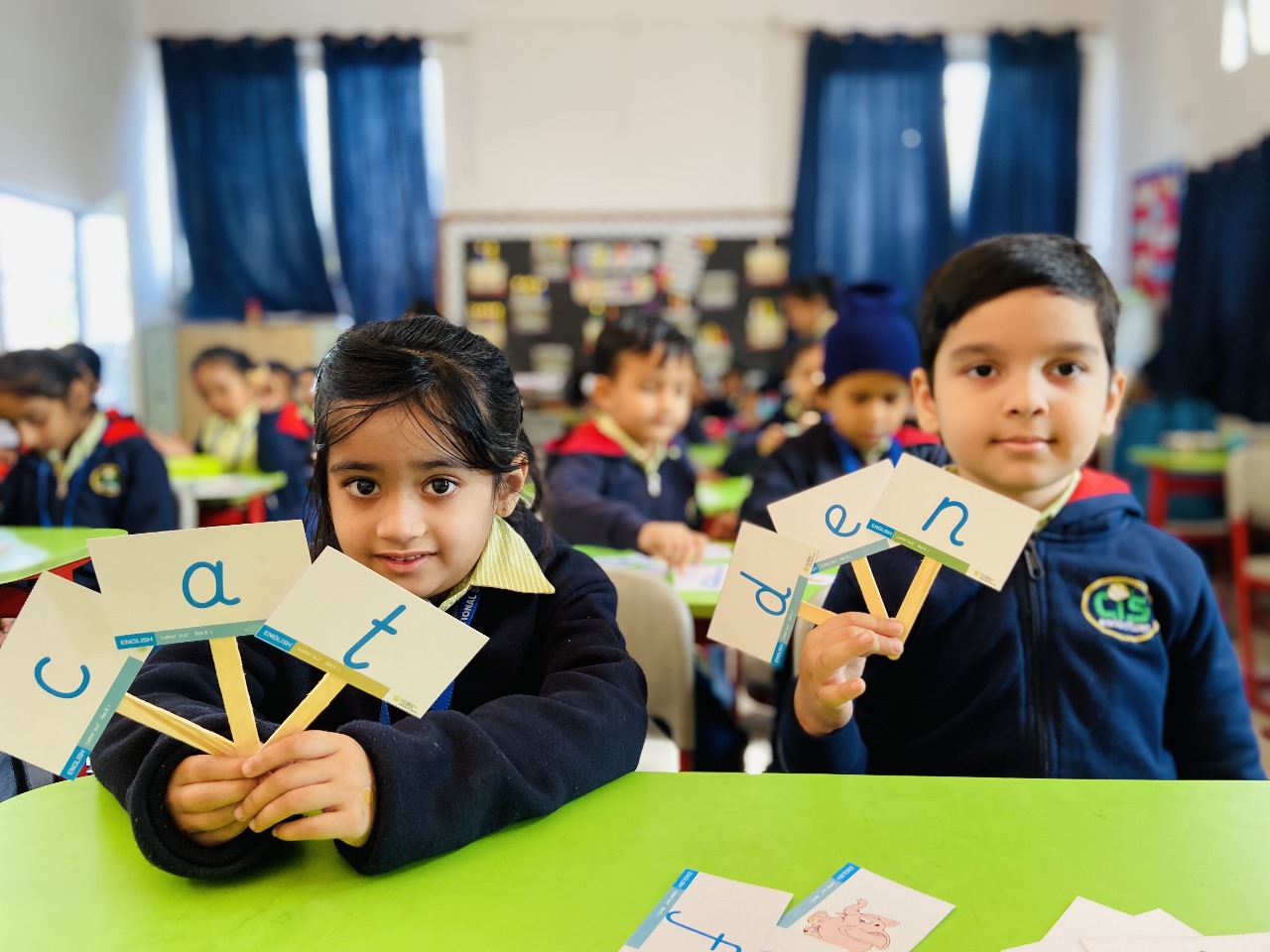 Article
Article
How AI is transforming the education sector
AI is no longer the future. It is already shaping the present of education in profound ways. But the real question is not whether we adopt AI. If AI becomes another tool to reinforce rote learning, and top-down instruction, we will have missed the opportunity entirely.
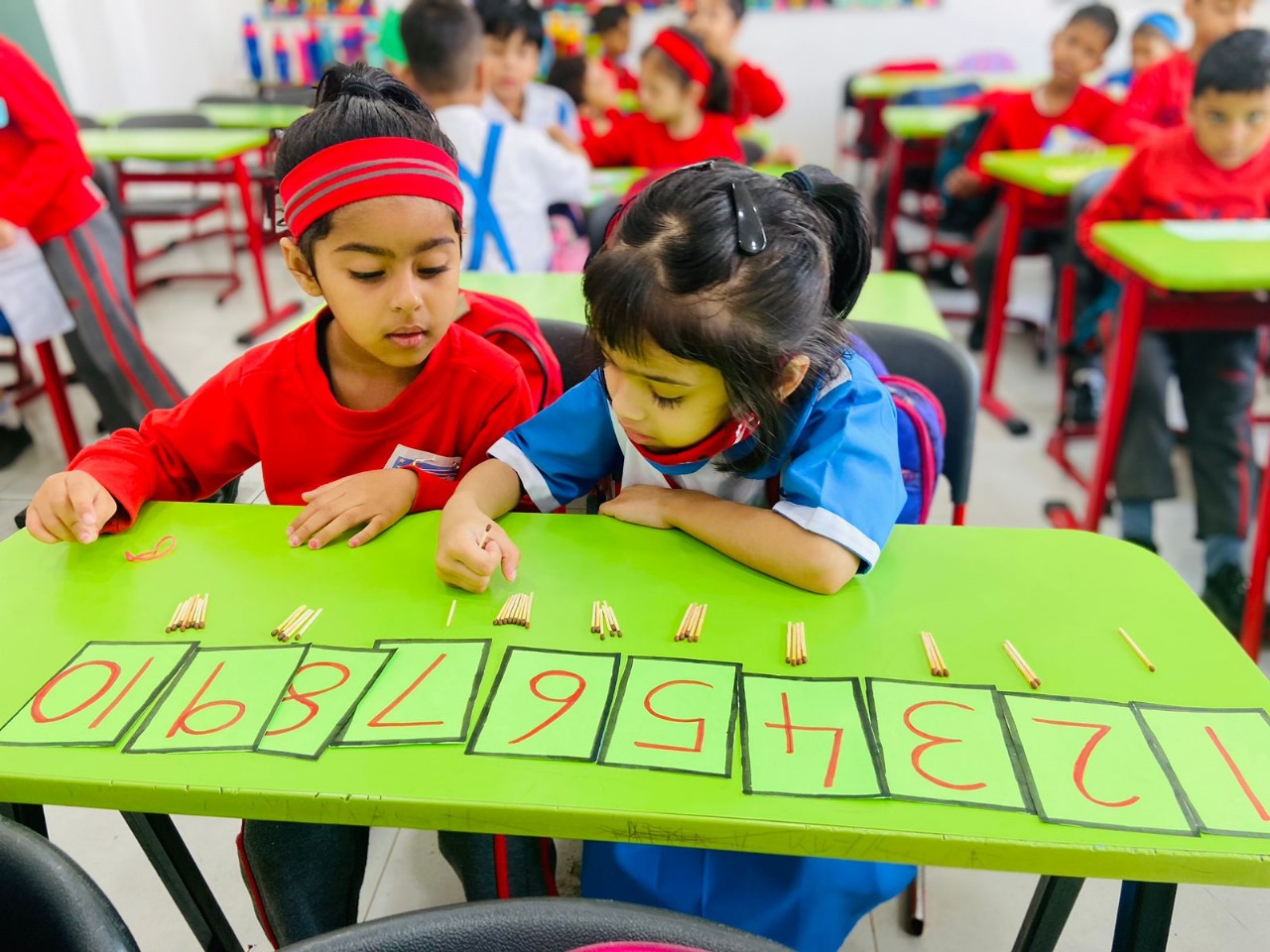 Article
Article
Encouraging Independence: How to Support Kids Without Over-Parenting
Sometimes, in trying to shield children from every bump, we weaken their ability to be independent. With the best intentions, over-parenting can turn childhood into a project we manage, rather than a stage for growth.
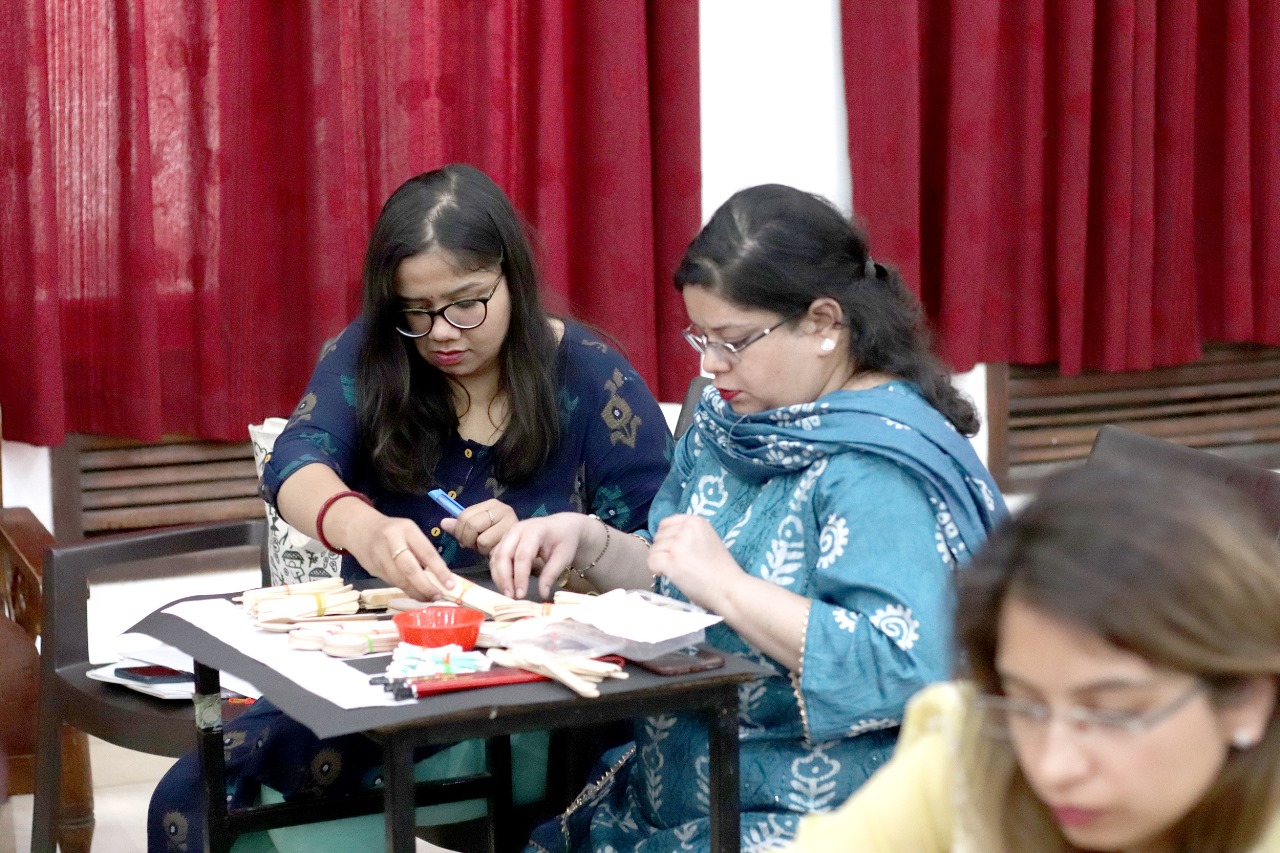 Article
Article
From Rote to Real Learning: Strategies Schools Can Start Using Today
We all talk about moving beyond rote. But in most classrooms, not much has changed. Textbooks still dictate the day. Teachers still do most of the talking. Exams still reward recall, not understanding.
